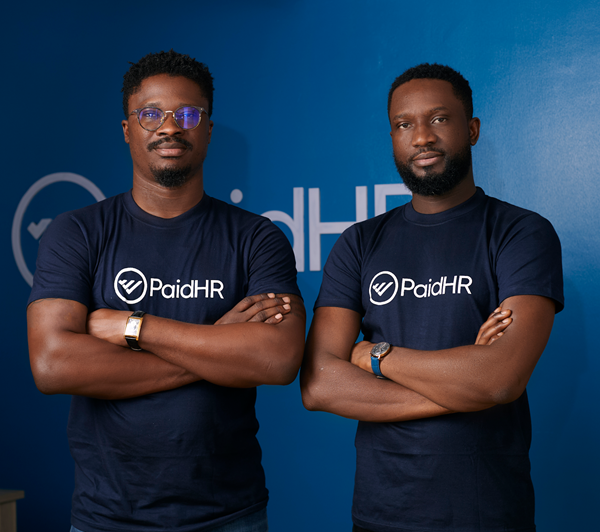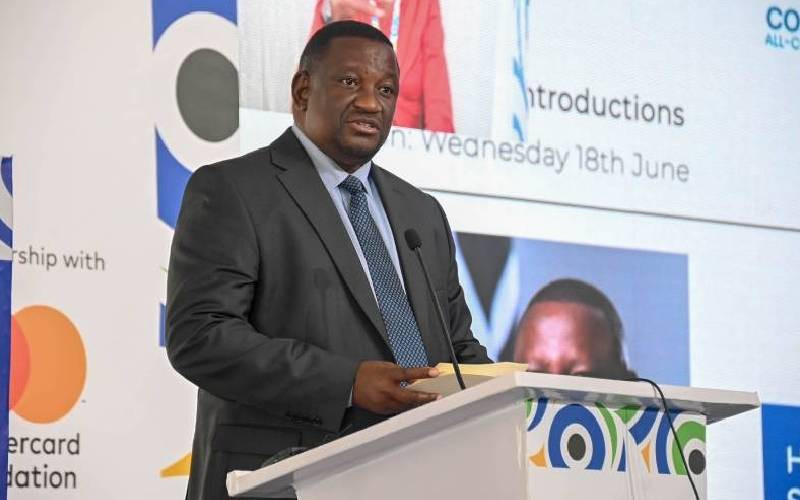For Africa's economic sovereignty in the Fourth Industrial Revolution
The African continent stands at a crossroads. On one side lies a familiar trajectory, one that has seen decades of underutilized potential, extractive economic models, and financial dependency on external powers. On the other, a new path is emerging: one that reimagines Africa’s role in the global economy, not as a resource supplier, but as a driver of innovation, financial sovereignty, and digital transformation.
Afrik is not just a digital asset; it is an economic architecture designed to unlock Africa’s full participation in the Fourth Industrial Revolution (4IR). It represents a step toward financial independence, technological self-sufficiency, and sustainable development.
Our vision is clear: to accelerate Africa’s transition from an extractive economy to a digital powerhouse, where AI, green energy, and decentralized finance (DeFi) work in harmony to empower its people and industries.
Afrik is the brainchild of the world’s leading economists, digital finance leaders, and technology entrepreneurs. The Afrik Foundation is overseen/governed by a board of rigorously appointed experts in pan-African economics, finance and governance. [do we have anything about transparency etc?]
Despite Africa’s vast resources, its economic reality remains paradoxical. The continent holds 30% of the world’s known mineral resources, yet it struggles with economic instability, debt distress, and a fragmented financial system. More than 70% of Africa’s sovereign debt is denominated in foreign currencies, making nations vulnerable to exchange rate fluctuations and economic downturns. Local currencies remain weak, limiting their use in global trade and investment.
Meanwhile, Africa’s industrialization lags behind. The digital economy, which has transformed wealth creation in other regions, remains constrained by a lack of funding, unreliable infrastructure, and limited financial inclusion. Traditional project financing models – often reliant on slow-moving international lenders – have failed to meet Africa’s 4IR needs at scale.
At the same time, global markets are shifting. AI development is projected to add $15.7 trillion to the world economy by 2030. Clean energy is no longer an option but a necessity. Digital finance is rewriting the rules of trade. Africa cannot afford to be a spectator in this transformation. It must claim its share and lead where it has a natural advantage.
Afrik was born out of the need for a financial system that works for Africa. It is designed as a decentralized financial infrastructure, leveraging blockchain, AI, and green energy to support large-scale investment and economic inclusion. Unlike speculative digital assets, Afrik is backed by Africa’s real economy—its industries, technology, and renewable energy projects.
At its core, Afrik solves three critical challenges:
1. : Afrik provides an alternative to traditional finance, reducing reliance on foreign currency debt and enabling intra-African trade through a globally tradable digital asset. This strengthens economic stability, allowing Africa to transact on its own terms.
2. AI computing requires vast amounts of energy. Afrik facilitates direct investment in solar, wind, and hydro energy projects, ensuring that Africa’s AI-driven industries are powered sustainably.
3. By using smart contracts and decentralized governance, Afrik enables transparent, borderless funding. This means communities, startups, and industries can access capital without intermediaries, unlocking opportunities for innovation.
The existing financial system has not only failed to accelerate Africa’s development – it has actively hindered it. The cycle of debt, currency devaluation, and reliance on external funding continues to limit Africa’s ability to control its economic destiny.
Moreover, Africa’s infrastructure and digital economy require urgent investment. AI development, smart manufacturing, and green energy industries cannot thrive without adequate capital. Traditional financing routes – whether through banks, international development loans, or donor aid – are too slow and restrictive. Afrik offers an agile, market-driven alternative that aligns with Africa’s growth ambitions.
Afrik is not a replacement for existing financial systems; it is an augmentation. It complements traditional instruments by providing an additional, scalable funding mechanism tailored to Africa’s economic realities.
Afrik is a blueprint for Africa’s digital and economic transformation. Its potential applications are vast:
● AI-powered industries: Afrik funds African AI startups and infrastructure, ensuring the continent does not remain a consumer but an innovator in AI technologies.
● Green energy investments: Afrik accelerates the financing of renewable energy projects, reducing reliance on fossil fuels and positioning Africa as a leader in clean energy.
● Borderless trade and economic participation: By leveraging decentralized finance, Afrik enables seamless intra-African trade and investment, allowing individuals, businesses, and the diaspora to contribute to Africa’s growth.
This is more than an economic project; it is a movement towards economic justice. A continent rich in resources should not be energy poor. A continent of 1.5 billion people should not be digitally excluded. Afrik is a tool for reclaiming Africa’s agency in the global economy—allowing Africans to own and drive their economic future.
For too long, Africa has been positioned as an emerging market waiting for external capital and leadership. That era must end. Afrik provides the financial infrastructure Africa needs to take charge of its own digital and industrial revolution.
We invite investors, policymakers, technologists, and citizens to join us. Whether by funding renewable energy, supporting AI startups, or driving cross-border trade, Afrik enables real, lasting change.
The world’s next economic frontier is not in Silicon Valley or Shanghai. It is in Africa. And with Afrik, Africa can lead.
Jean-Marc Borreau is the Co-founder of Afrik Foundation. He is an international economic development and aviation expert who advises governments in Africa and the rest of the world. His work focuses on unlocking the many social and economic benefits of investment in infrastructure, with a focus on aviation and tourism sectors in particular.









